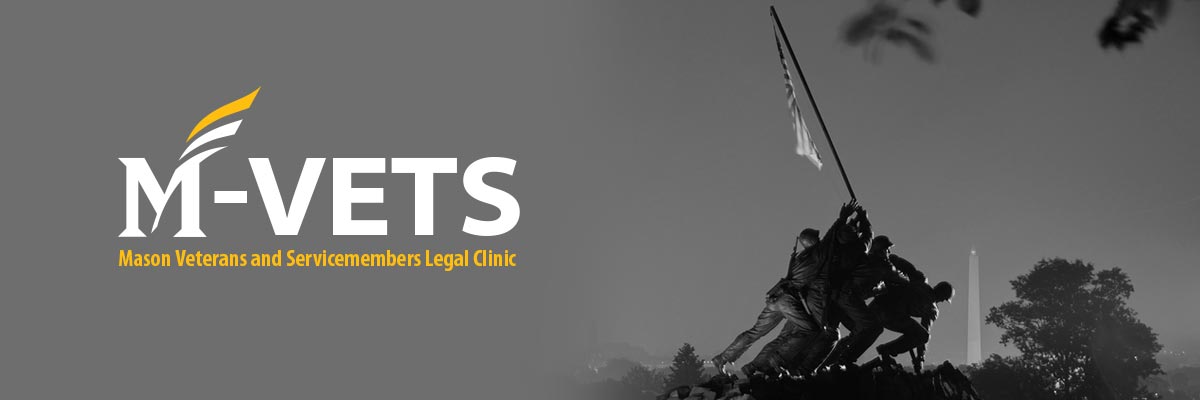By Spring 2022 M-VETS Student Advisor Besa Bucaj.
MST
What is it?
Military Sexual Trauma or “MST” refers to sexual assault or sexual harassment experienced during military service.[1] Sadly, MST is somewhat common in the military, as 1 in 3 women and 1 in 50 men have stated they experienced MST.[2] While the rate of MST is higher for women than for men, the numbers of those who experience MST are significant, as there are so many more men than women in the military.[3]
MST can take the form of disturbing memories or nightmares, feelings of depression, numbness, isolation from others, self-doubt, self-blame, decreased self-esteem, anger, irritability, and difficulty with feeling safe.[4] MST can also manifest with physical health problems, like trouble with sleep.[5] Some who experience MST use alcohol or other drugs to numb or escape the negative feelings resulting from this trauma.[6]
When filing for claims at the VA, service members often hesitate to include incidents of MST.[7] Some of these reasons for hesitation include not wanting to collect the necessary evidence or statements or attending a mental health exam while still in service, in addition to the fear of not being believed, retribution from fellow service members, and poor reflection on their service.[8] The Department of Defense has reported that 2 out of every 3 sexual assaults that occur in the military go unreported, which can lead to challenges in gathering evidence to support a veteran’s MST claim.[9]
How the VA can help?
The VA does offer different avenues of treatment for those with MST. This free treatment does not require any documentation of the MST experience or a VA disability compensation rating.[10] In fact, every VA health care facility has an MST Coordinator who serves as a contact person for MST-related issues and who can assist veterans with accessing care.[11]
For individuals who have mental health diagnoses such as PTSD or depression related to MST, evidence-based therapies have proved to be the most effective treatments.[12] Some of the evidence-based therapies used in response to MST include prolonged exposure (PE), cognitive processing therapy (CPT), cognitive behavioral therapy (CBE), interpersonal therapy (IPT), acceptance and commitment therapy (ACT), motivational enhancement therapy (MET), and dialectical behavioral therapy (DBT).[13]
How the military has changed?
While the military has changed and grown in its response to MST, there is still much room for improvement. An August 2018 report by the VA Office of Inspector General revealed that the VA had erroneously adjudicated 49 percent of PTSD claims for MST in 2017.[14] In response to these unfortunate numbers, the VBA updated its training courses for MST claims, and, in November 2018, made it a requirement that only personnel who had taken this training could process the MST claims.[15]
In the DOD Annual Report on Sexual Assault in the Military, Secretary of Defense Lloyd Austin committed to addressing sexual assault and harassment in the military and directed new initiatives to counter sexual assault and sexual harassment in the military.[16] Some of his main initiatives included establishing a 90-day independent review commission to improve how the department addresses sexual assault and sexual harassment, assessing compliance with sexual assault and harassment policies and prevention efforts, conducting evaluations at high-risk installations, and establishing a violence prevention workforce.[17]
In particular, the CATCH a Serial Offender Program received special note in the DOD Report. CATCH was launched in 2019 and the program allowed service members making restricted reports to confidentially provide this information about alleged offenders and incidents.[18] If investigators discover a potential match to other reported incidents through the CATCH program, the victims are notified and provided an opportunity to convert their report from restricted to unrestricted and participate in the military justice process.[19] During 2019, CATCH received 444 submissions from victims who had previously filed a restricted report and 11 of these submissions resulted in matches.[20] Secretary Austin’s efforts also included the continued implementation of recommendations from previous reports.[21]
Overall, the DOD documents and the direction of Secretary Austin display an understanding that there is always more the government can do for its veterans, and especially for the victims of sexual assault. While great strides have been made in treating MST and protecting servicemembers from sexual assault, we can do more.
[1] See Effects of Military Sexual Trauma | Mental Health | Overview, U.S. Dept. of Vet. Affairs, available at https://www.me ntalhealth.va.gov/msthome/index.asp.
[2] See Military Sexual Trauma, U.S. Dept. of Vet. Affairs (May 2021), available at https://www.mentalhealth.v a.gov/docs/mst_general_factsheet.pdf
[3] See Id.
[4] See Effects of Military Sexual Trauma | Mental Health, U.S. Dept. of Vet. Affairs, available at https://www.me ntalhealth.va.gov/msthome/index.asp.
[5] See Id.
[6] See Id.
[7] See Supporting Survivors: Assessing VA’s Military Sexual Programs, Veterans of Foreign Wars (November 17, 2021), available at https://www.vfw.org/advocacy/national-legislative-service/congressional-testimony/2021/11/supporting-survivors-assessing-vas-military-sexual-trauma-programs.
[8] See Id.
[9] See Id.
[10] See Mental Health | Military Sexual Trauma | Treatment, U.S. Dept. of Vet Affairs, available at https://www.mentalhealth.va.gov/msthome/treatment.asp.
[11] See Mental Health | Military Sexual Trauma | Treatment, U.S. Dept. of Vet Affairs, available at https://www.mentalhealth.va.gov/msthome/treatment.asp.
[12] See Id.
[13] See Id.
[14] See Supporting Survivors: Assessing VA’s Military Sexual Programs, Veterans of Foreign Wars (November 17, 2021), available at https://www.vfw.org/advocacy/national-legislative-service/congressional-testimony/2021/11/supporting-survivors-assessing-vas-military-sexual-trauma-programs.
[15] See Id.
[16] See generally Annual Report on Sexual Assault in the Military, Dept. of Defense (March 15, 2021), available at https://www.sapr.mil/sites/default/files/DOD_Annual_Report_on_Sexual_Assault_in_the_ Military_FY2020.pdf
[17] See Id. at 4.
[18] See Id. at 6.
[19] See Annual Report on Sexual Assault in the Military, Dept. of Defense (March 15, 2021), available at https://www.sapr.mil/sites/default/files/DOD_Annual_Report_on_Sexual_Assault_in_the_ Military_FY2020.pdf
[20] See Id. at 6.
[21] See Id. at 6.
